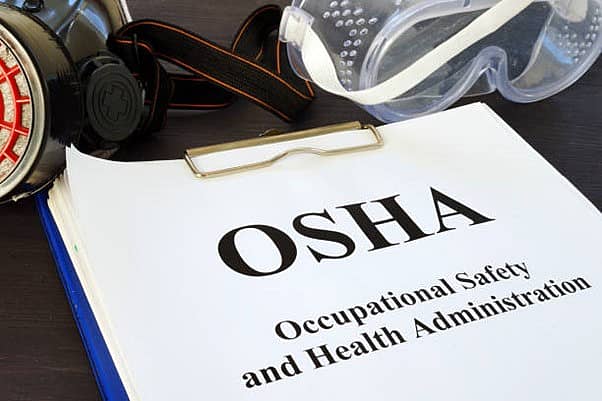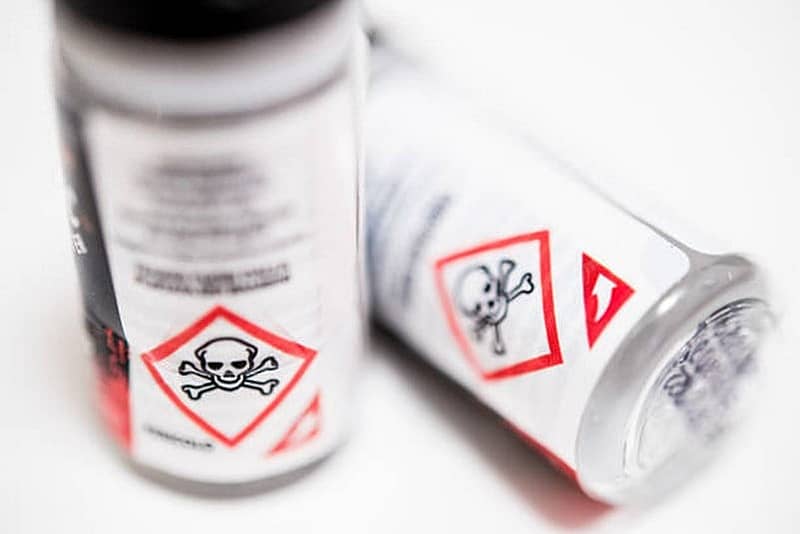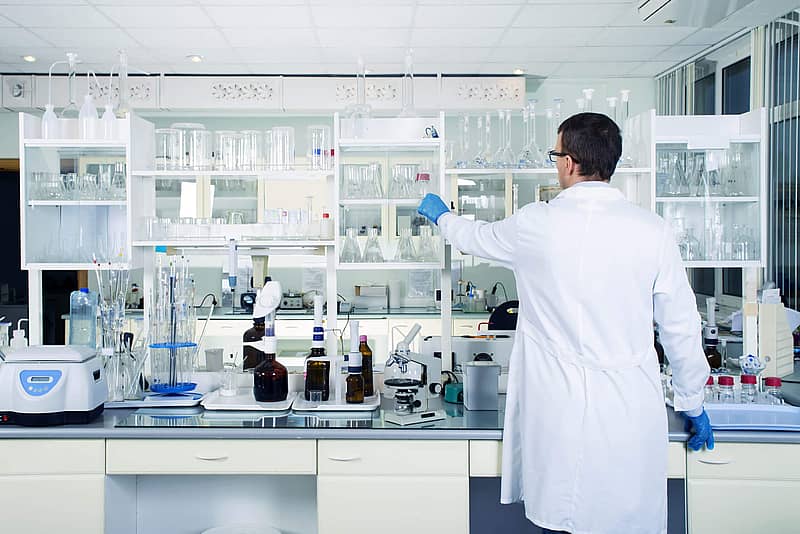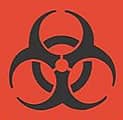Biosafety
Biosafety

“Oh crap.” Dr. Ming looked down at his gloved hand. He saw a small slice in his left glove. He looked closer and saw a trickle of blood. He looked even closer and saw a small cut. Dr. Ming was a seasoned scientist working at a medical device company. He was conducting research involving human fecal occult blood. On this day, he was working in the tissue culture room.

Formaldehyde is very commonly used in research labs in the biotech and pharmaceutical industries often to fix tissues and cells. It’s typically used as an aqueous solution known as formalin, which contains 37% formaldehyde.
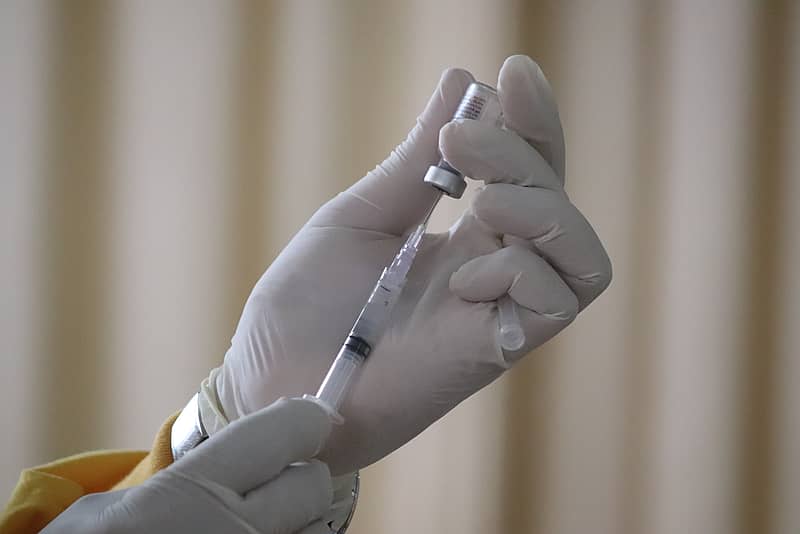
August is National Immunization Awareness Month (NIAM), an annual event sponsored by the CDC to highlight the importance of immunizations. Although there has been a lot of focus on COVID-19 vaccinations this year, it’s important to also stay current with other vaccination programs applicable to your organization.

Biological toxins are poisonous substances produced by certain microorganisms, animals, insects, and plants. They can be harmful when inhaled, ingested, injected, or absorbed.
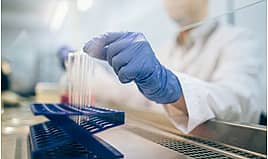
Biological Safety Cabinets (BSCs) serve two main purposes: protecting employees from the biological material being handled and preventing contamination of the work being conducted.

The Massachusetts Department of Environmental Protection (MA DEP) has specific requirements for the collection and management of universal waste. These requirements can be found in 310 CMR 30.1000, the Standards for Universal Waste Management.
Tags
Animal Care (4)
Biosafety (228)
Biotech (1)
Bloodborne Pathogens (1)
Burn Awareness Week (1)
Business Performance (4)
Chemical Safety (224)
Corona Virus (9)
COVID-19 (14)
DEP (6)
Disinfectants (1)
DOT (4)
Earth Day (2)
EHS (9)
en (2)
Environmental Health & Safety (EHS) (401)
EPA (7)
Fall Protection (5)
FPW (2)
Hazardous (2)
Hydrofluoric Acid Safety (1)
Hygiene (7)
IH (7)
Incidents Accidents and Near Misses (21)
Industrial Hygiene (7)
International Women's Day (1)
Lab Relocation and Decommissioning (5)
Lab Safety (9)
labsafety (9)
New York Biotech (1)
NFPA (8)
NYC (4)
Office Safety Culture (193)
OSHA (179)
Permits and Licenses (17)
Poison Prevention (1)
Radiation Safety (128)
Regulatory Compliance (322)
Safety (11)
Safety Tips (447)
Sustainability (1)
Training Contact Hours (TCH) (12)
Waste Water (7)
Women in Science (1)
Workplace Injuries (8)


